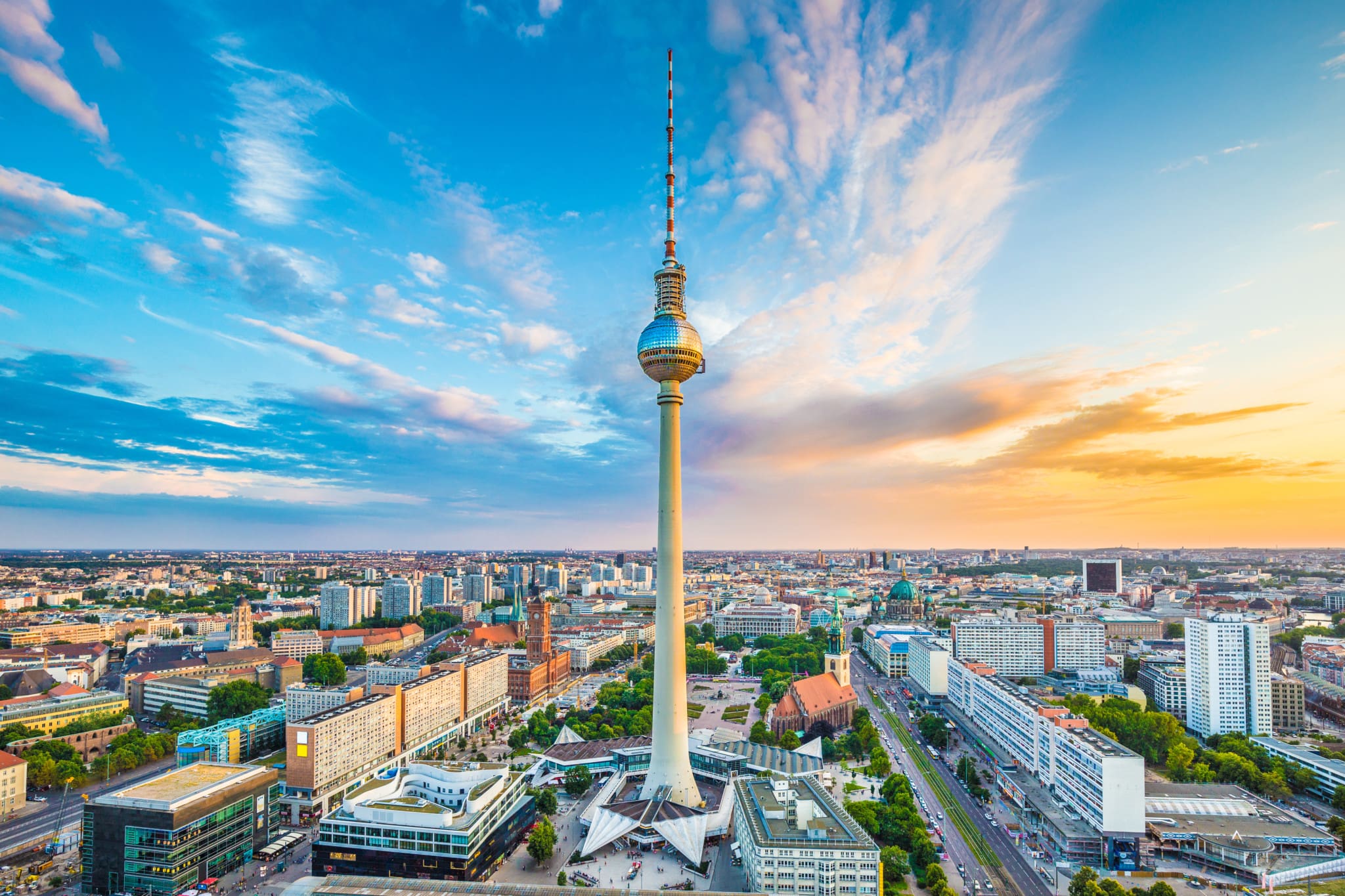Berlin is known for some of the most generous social programs in the entire country, and many hold the German capital up as an example of progressive policies that should be implemented elsewhere. However, there are some major catches.
For one, Berlin benefits from wealthier areas of Germany, with taxpayer money funneled into Berlin at the expense of states like Hessen or Bavaria. In fact, Bavaria alone pays up to €9 billion into the state fiscal equalization scheme, while Berlin takes in €3.6 billion. These payments are partially related to Berlin and other Eastern German states’ economic setback following the end of communism, which served as a major economic shock to the east of Germany at the time.
This money, in part, helps Berlin afford free daycare and schools along with free school lunches. “Afford” is a term used loosely though, as the city is currently sitting on a time bomb of debt amounting to €66 billion, with few signs of this debt slowing. From 2019 to 2021, the total debt level rose €8.3 billion, moving up 13 percent.
[pp id=35778]
Berlin’s detractors point out that the “luxuries” the city enjoys, such as free day care, can only be dreamed of in other states in Germany, even if the residents of those states are paying for Berlin’s “free lunch.”
Berlin’s public transportation ticket is also the most generous subsidized transportation ticket in Germany. It still costs only €9 for the poor and €29 a month for everyone else. The cost will be subsidized by a relief package worth €3 billion, with the package also offering protection against tenants being evicted and an extra energy allowance.
“Berlin was the first federal state to decide on a comprehensive €3 billion relief package, including: €29 ticket for everyone, €9 euro ticket for the poor, termination and rent freezes for municipal tenants, further energy aid, and insolvency protection for business,” wrote Julius Betschka, who works for Germany’s Tagesspiegel.
However, the response from the Dr. Peter Tauber, a former parliamentary state secretary and Christian Democratic Union (CDU) member, said wryly that the “Hessians will be happy to pay…”
Berlin’s mayor, Franziska Giffey, has responded to claims from other cities by saying that they are simply “envious” of Berlin’s generous programs.
“Sounds like (they) envy Berlin! Hesse could have launched such a relief package,” responded Giffey. She argues that her city is growing faster than Bavaria, and larger tax receipts due to inflation mean the city is giving back to ts residents.
On a per capita basis, Berlin is the most indebted state in all of Germany, amounting to €17,000 per person, whereas the rest of Germany only has €7,700 on average. Berlin had made some progress in paying off its debts; for example, in 2018, it debt fell below €60 billion for the first time in years, but Covid-19 and the current war in Ukraine, have only led to a massive increase in debt since then.
It should also be noted that Berlin’s argument that being an eastern city is the basis for its massive debt levels does not entirely hold up to scrutiny. Dresden, for instance, located in Saxony, featured the lowest debt levels of any German city in the entire country, both east and west, amounting to only €1,478 per person.
In Berlin’s defense
Those defending Berlin’s programs point to their widely shared social benefit. Unlike spending on military, opera houses, or film projects, the introduction of free day care and school lunches widely benefits the entire population, encourages family formation, and gives residents concrete examples of how their taxes are being put to work, even if those taxes are partly a transfer of wealth from other, wealthier German states.
Nevertheless, Berlin’s debt problems are not going away, and as tensions grows over rising inflation and energy prices, the city’s generous social programs may attract more criticism.






